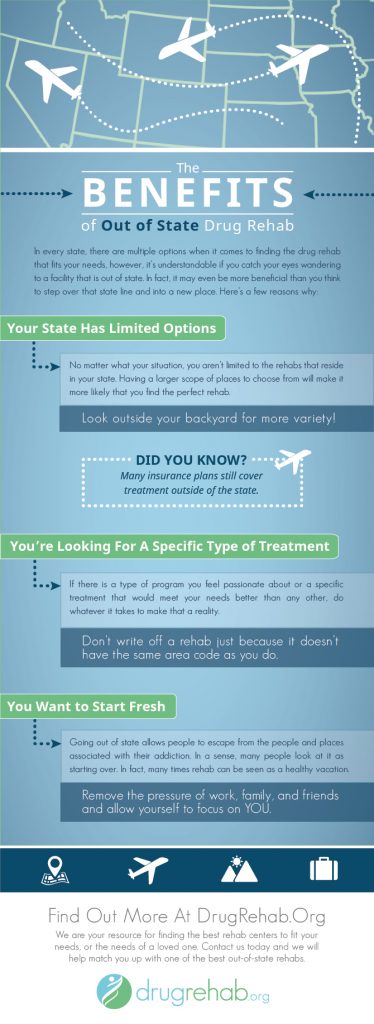After Finishing Drug Rehab, It's Necessary To Have A Solid Support Group In Place To Ensure Long-Lasting Recuperation. Discover How Aftercare Programs Can Aid You Keep Soberness And Develop A Meeting Life
After Finishing Drug Rehab, It's Necessary To Have A Solid Support Group In Place To Ensure Long-Lasting Recuperation. Discover How Aftercare Programs Can Aid You Keep Soberness And Develop A Meeting Life
Blog Article
Authored By-Johannsen Worm
You can't do it alone. Healing from drug dependency requires a strong support group.
The significance of aftercare in drug rehab can not be overstated. In this write-up, we will certainly discover the duty of counseling, the advantages of therapy, and the structure offered by peer support groups in preserving sobriety.
So, get visit my web site of coffee, sit back, and let us guide you via the crucial steps of post-rehabilitation support.
The Function of Therapy in Aftercare
If you wish to maintain your soberness after leaving rehab, it's crucial that you proceed joining therapy sessions as part of your aftercare plan.
Therapy plays a vital role in your healing journey by giving recurring assistance, support, and a secure area to share your feelings and problems.
With counseling, you can deal with any type of underlying problems that might have added to your addiction, develop coping approaches, and find out much healthier ways to take care of stress and food cravings.
It allows you to overcome any unsolved emotions and establish a much better understanding of yourself and your triggers.
The Benefits of Therapy in Keeping Sobriety
To preserve your soberness, treatment can provide many benefits.
- Treatment supplies a safe area for you to check out and deal with the underlying problems that may have contributed to your dependency.
- It permits you to work through your feelings and create much healthier methods of handling stress and anxiety and causes.
- Through therapy, you can get a better understanding of on your own and your patterns of actions, which can assist you make favorable adjustments in your life.
- Furthermore, therapy gives you with a support system of experts that are educated to direct and help you on your journey to recovery.
- They can use beneficial insights, devices, and strategies to assist you navigate the difficulties that might develop.
- In therapy, you can learn to establish healthy coping skills, develop resilience, and enhance your general wellness.
Peer Support Groups: A Structure for Lasting Recuperation
You can discover enduring healing by actively taking part in peer support groups and getting in touch with others who share comparable experiences and goals.
Peer support system supply a risk-free and non-judgmental area where individuals in healing can integrate to share their battles, successes, and insights. By proactively participating in these groups, you can obtain the support and support you need to stay on the path of recovery.
Getting in touch with others who've gone through comparable experiences can be incredibly equipping, as it helps you realize that you aren't alone in your journey. It additionally permits you to gain from others who have actually successfully gotten over comparable challenges. With each other, you can commemorate milestones, hold each other accountable, and offer assistance and recommendations.
Through these links, you can develop a solid support group that will assist you browse the ups and downs of recovery and eventually locate long-term recovery and change.
Final thought
You've found out about the important role of aftercare in drug rehabilitation. Counseling, therapy, and peer support groups contribute to lasting recovery. Here's https://www.liveinternet.ru/users/steen_mollerup/post504323586 to realize the magnitude of the problem: researches show that people that get aftercare treatment are 50% more probable to preserve soberness compared to those that do not.
So, think of the transformative power of these support systems in helping people recover their lives and develop a brighter, drug-free future.
